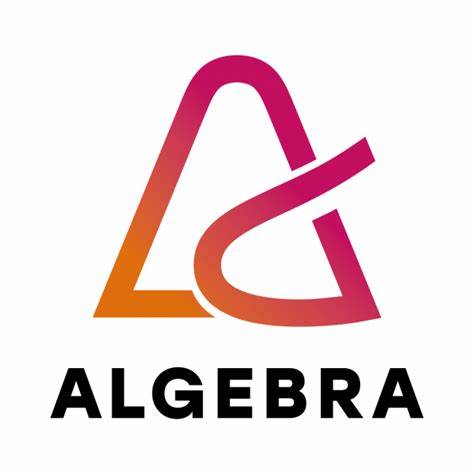- Faculty: Matandog, Leif Cullin
- Faculty: Toledo, Arnel
The course presents the humanistic aspects of mathematics which provides the historical context and timeline that led to the present understanding and applications of the different branches of mathematics. Mathematics is often seen to be a culture-free subject that deals with absolute truth. Through this course, students will learn that the mathematics we know now emerged from a history of curiosity, exploration, and (at times) eventual resolution. Many of the techniques known by high school students now are not known to ancient people. At the same time, there is concrete evidence to show that sophisticated mathematical thought is present during ancient times.
The course presents important breakthroughs in mathematics. Whenever possible, problems that have puzzled mathematicians which eventually led to the development of new mathematics will be presented. Students will be provided opportunities to think about these problems from the perspective of those from the past.
- Faculty: Matandog, Leif Cullin
- Faculty: Tandog, Leorence
- Faculty: Matandog, Leif Cullin
- Faculty: Pimentel, Jonald
- Faculty: Garcia, Anna Jean
- Faculty: Matandog, Leif Cullin
The course aims to prepare prospective mathematics teachers to undertake an undergraduate research project. It gives teachers the opportunity to conduct researches that address problems, issues and concerns in mathematics teaching and learning. It also showcases their research skills through the application of the mathematical content and processes they have learned previously.

- Faculty: Matandog, Leif Cullin
- Faculty: Ongcoy, Paul John
This course builds upon the student's knowledge on properties of real number system, operations on different types of algebraic expressions, and the solution of various types of equations and inequalities. The course also covers the prerequisites to trigonometry and calculus, specifically transcendental and non-transcendental functions including the characteristics of graphs and applications.

- Faculty: Madio, Rowel
- Faculty: Matandog, Leif Cullin